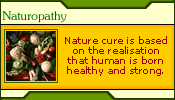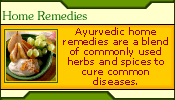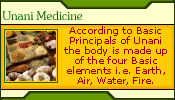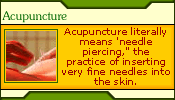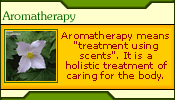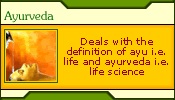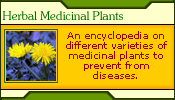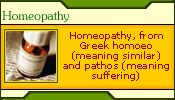|
Facial masks are some of the oldest known beauty treatments. The
ancient Egyptians used mud and clay to remove dead skin cells and
heal blemishes. Seventeenth century European women experimented
with milk and egg masks. Fresh foods, flowers, and herbs were used
to cleanse and nourish the skin. A mask softens the skin, unclogs
the pores, and removes the impurities. It also replaces lost moisture
and sooth the skin. It is also very relaxing.
Clay and oatmeal are ideal ingredients for any face mask. A natural
powdered clay is fuller's earth, which can be mixed into a paste
with hot water. Cool and then add yogurt for a smoother consistency.
Mix finely ground oatmeal into a paste. Let it cool down. Add 15
drops of essential oils that is recommended for your skin type for
each cup of this paste. Apply this to your face. Let it dry slightly
and then sponge off.
For particularly dry/sensitive skins add 15 ml (1 tbsp) evening
primrose base oil to give a more moisturizing mask. Do not apply
the mask on or near the eyes.
Mix regular or quick-cooking dry oatmeal with water or milk. Allow
it to dry on your face and throat for 10 to 15 minutes. This will
smooth, soften, and remove the dead cells. To multiply the benefits,
blend 1 egg white, 1 tablespoon of instant nonfat dry milk, and
1/4 teaspoon almond oil with the oatmeal.
For sensitive skin, pulverize the oatmeal in an electric blender
or food processor; or stir 2 tablespoons oatmeal into 1/2 cup milk
and cook it to soft mush.
Yogurt mud refines pores and tightens normal or oily skin. Here
are three recipes you can use:
Mix 1 egg white, 1 tablespoon yogurt, 1 teaspoon each fuller's
earth and honey.
Mix 2 tablespoons yogurt, 2 teaspoons fuller's earth, a few drops
of mint extract, and enough water to make a creamy paste.
Mix 1 tablespoon each yogurt and fuller's earth with 1/2 teaspoon
honey and 1/8 teaspoon baking soda.
|



